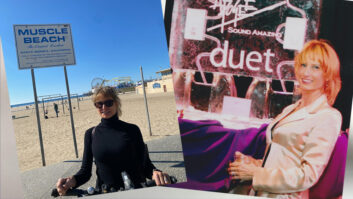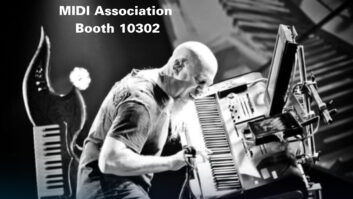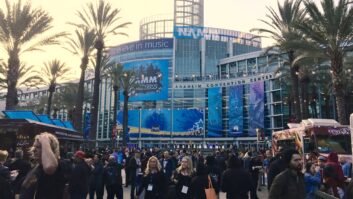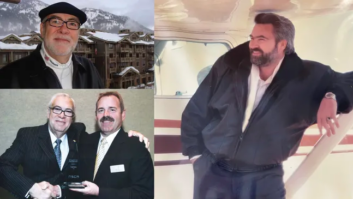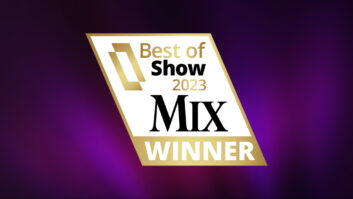Perhaps it’s a natural progression, but a sizable percentage of people working in audio began their sonic journeys with musical training. Unfortunately, cutbacks in public school funding for the arts comes at a point when kids are increasingly drawn to non-musical, afterschool activities. There’s a good dose of reality here – does practicing violin or clarinet scales really compare with playing video games or surfing the Web on a rainy afternoon?
Dealing with budget issues and indifference to traditional music programs presents a formidable challenge for educators today. However, with some community support, a number of public schools in neglected urban environments have succeeded with innovative approaches to music education. Faced with dwindling attendance, low test scores, parental apathy and a lack of school pride, these educators have improved overall performance by emphasizing the arts.
Two years ago, Larry Cocco at Henry Snyder High School in Jersey City, N.J., developed a Media Arts High Tech Program, offering students the chance to create and broadcast their own TV and radio shows, produce music CDs, design computer animation and author Web pages. The program’s ability to reach and inspire students who do not respond well to traditional academic programs has proven itself, and the community has been supportive, with MAHTP’s new on-campus 12,000-square-foot digital television/radio/Internet/multimedia facility going online earlier this year.
Three years ago at Hillsboro School in rural Lieper’s Fork, Tenn., local parent/entrepreneur/hobbyist musician/Mix reader Aubrey Preston met with school officials and offered a bold proposal: to turn the school into a music, technology and arts-based curriculum, where putting the K-8 kids onstage is a daily occurrence. A radical part of the plan was giving kids a voice in what kind of music and instruments they learned. No surprise, they picked the pop/rock music they listened to rather than Strauss or Souza.
The path to developing this “Kids on Stage” program wasn’t easy, requiring community fundraising, donated equipment from several manufacturers (including Mackie and Epiphone) and talking the local establishment into trying something new.
Today, what was once a run-down school has become the pride of the community: No graffiti. No litter. No vandalism. The KOS program is fun and keeps kids on track: Bad grades in core subjects and students are out of the band. So test scores are up, and local property values have soared, as newcomers move into the area to get their children into Hillsboro. Meanwhile, a neighboring community is now building a KOS-themed middle school from the ground up.
There are probably a hundred Mix readers like Larry Cocco or Aubrey Preston and millions of kids who can benefit from a successful formula like KOS. Manufacturers – look around and find that school or program that could use a couple pieces of discontinued gear or B-stock. And if you’re an engineer, producer, tech or studio owner, see if you can take a little time out to give something back to the industry. Sometimes a little effort can go a long way, and one individual can make a difference.
Make an investment in our future.
